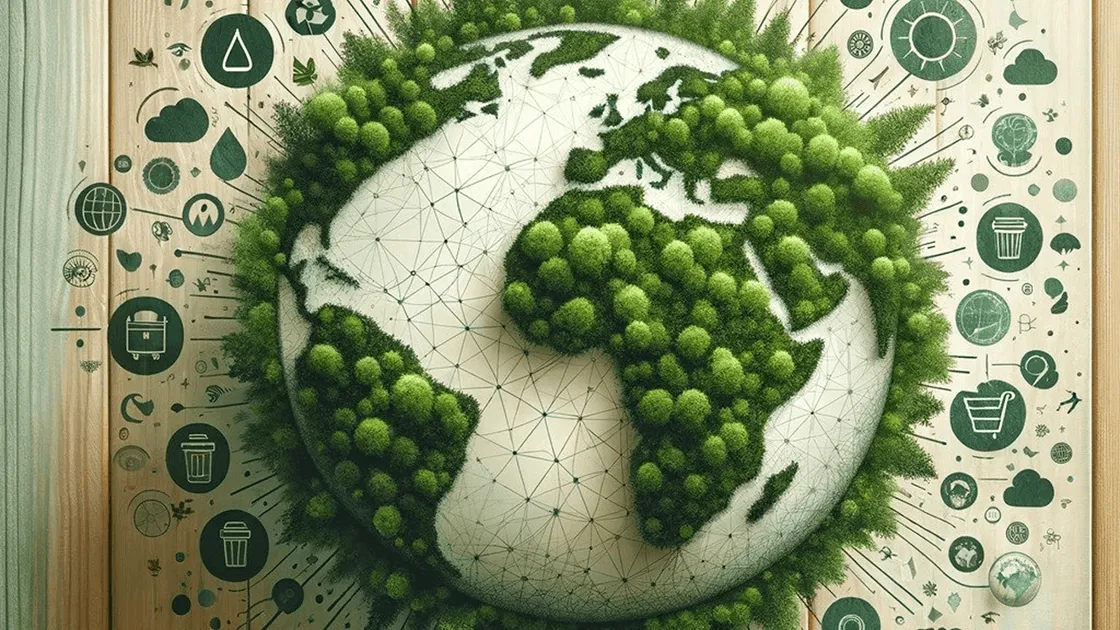
Despite being an inherently political institution, the United Nations is not a place where we like to talk about politics – at least explicitly. However, politics plays a significant role in determining whether or not we collaborate to solve problems and achieve the ambitious goals outlined in UN agreements. Politics also determines the rules, who sets them, and how we manage our relationships. Those of us focused on achieving the Sustainable Development Goals or addressing climate change, or any number of global challenges must reexamine the state of our politics and figure out how to harness it to deliver results for people.
In a world where crises no longer confine themselves to borders, the interconnected nature of our challenges demands a level of global cooperation that should be unprecedented. But trust in political leadership and in our institutions is eroding. In recent months, widespread discontent has led to historic political shifts worldwide, signaling tremendous demand for change. The public’s demands for concrete action have not been adequately met by leaders. The question is whether we will respond to and channel this discontent in a manner that regains public confidence and brings about transformative change, or whether we will give in to the urge to play it safe, stick to what we know, and avoid taking risks to do things differently. I think we need to take risks and find better ways to work together to solve problems. Domestic politics have become unstable, and the foundations of global governance have been undermined as a result of our collective inaction. As a result, our current politics have led to the decline of long-established institutions and the rise of populist movements that offer simplistic, regressive solutions to complex global challenges.
Around half of the world will hold national elections in 2024. Until this point, these elections have been marked by widespread dissatisfaction with the status quo as voters react to economic inequality, rising living costs, and the perception that leaders are out of touch with the realities faced by ordinary people. The perceived costs of the green transition have been perceived as less politically palatable, which has led to a return to unsustainable energy sources. These trends have fueled a sense that global cooperation and solidarity with people in other parts of the world will make us worse off – a fear that many politicians have used to their advantage.
As politicians seek electoral support by proposing tax cuts or spending increases, nations around the world are dealing with rising global debt. Additionally, geopolitical tensions and security concerns are encouraging governments to spend less on social programs and sustainable development and more on defense. But the real danger to global stability lies not only in the loss of power by incumbents but also in how we interpret their losses. Is it possible that constituents’ desire for politicians to isolate themselves, concentrate on a small number of national interests, and withdraw from the world has eroded their support for them? Or did they lose support because of their failure to adequately address transnational problems that have made people worse off? What would happen if we acted differently this time? Perhaps the time will soon come when deciding to invest in global cooperation and choosing global solidarity can win elections.
At these crossroads, the UN Summit of the Future taking place among heads of state and government at the UN this September will provide a blueprint for renewing global governance – how we work together, on what issues, and who gets to help determine the rules – which are, essentially, political questions. Importantly, it will help determine whether we pursue narrow, nationalistic agendas that further fracture our shared future or move toward a global order that is more equitable and collaborative. In conclusion, the SDGs can only be achieved through this Summit. The past has demonstrated that times of difficulty can also present opportunities. The devastation caused by global conflict, when political attitudes had changed and people saw humanity in a wider context, was the impetus for the most recent significant wave of reforms to global governance. They were ready to work together after a lot of disagreement. We may be nearing yet another such moment right now. We must view politics not as a divisive and cynical tool, but rather as a tool for bringing people together, elevating the voices of the vulnerable, shifting power, and sharing it with those who are most affected by global crises because of the urgency of the situation. As 2030 draws near, that is what “Leaving No One Behind” must mean. Without taking into account the public’s desire for a different kind of politics, we cannot accomplish the SDGs. Instead, we must respond to public discontent by changing how we make decisions and who we give power to and include in decision-making – by confronting politics head on and embracing the positive impact it can deliver. The time for unprecedented action is now.
